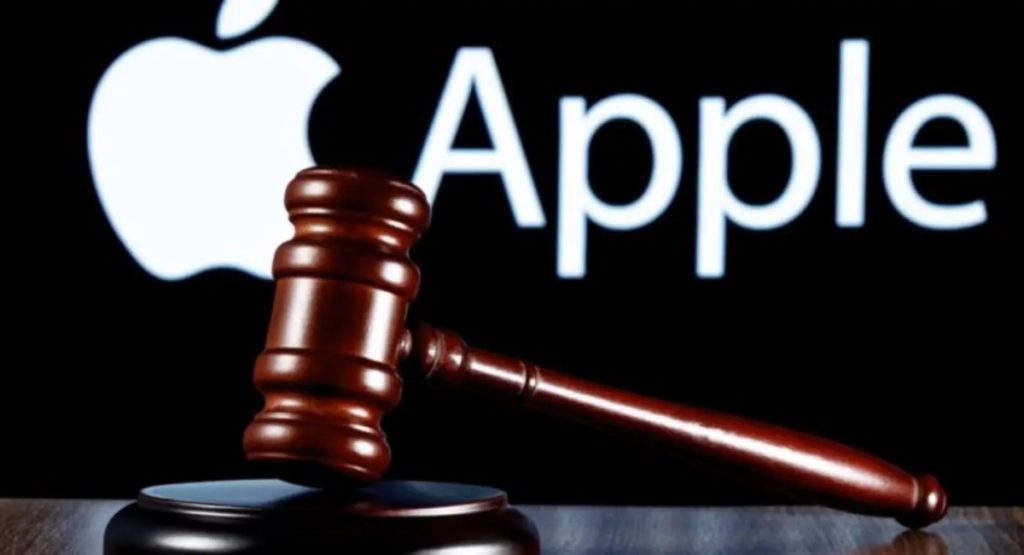A US judge has cleared the way for Apple’s lawsuit against Rivos to move forward, saying Apple had “sufficiently identified” a trade secret it accuses Rivos of stealing, according to The Spokesman-Review.
U.S. District Judge Edward Davila in San Jose said there was enough evidence of “sufficient harm” by Rivos and three former employees for the lawsuit to continue. The judge rejected Rivos’s request to dismiss a Defend Trade Secrets act claim as well as a breach of contract claim against five former Apple employees. Davila also allowed Apple to file amended claims.
Apple’s lawsuit — filed in May 2022 — says Mountain View, California-based Rivos has hired over 40 of its former employees in the past year to work on competing “system-on-chip” (SoC) technology, and that at least two former Apple engineers took gigabytes of confidential information with them to Rivos.
Rivos’ website only describes the company as a “startup in stealth-mode” and advertises for full-time and internship positions.
Apple’s lawsuit claims that, starting in June 2021, Rivos began a coordinated campaign to target Apple employees with access to Apple proprietary and trade secret information about Apple’s SoC designs. Apple says it promptly sent Rivos a letter informing Rivos of the confidentiality obligations of Apple’s former employees, but the start-up never responded.
Apple’s lawsuit further states: After accepting their offers from Rivos, some of these employees took gigabytes of sensitive SoC specifications and design files during their last days of employment with Apple. Some used multiple USB storage drives to offload material to personal devices, accessed Apple’s most proprietary specifications stored within collaboration applications, and used AirDrop to transfer files to personal devices. Others saved voluminous presentations on existing and unreleased Apple SoCs—marked Apple Proprietary and Confidential—to their personal cloud storage drives. One even made a full Time Machine backup of his entire Apple device onto a personal external drive. Apple has reason to believe that Rivos instructed at least some of these individuals to download and install apps for encrypted communications before conducting further conversations. And several of the employees deleted information or wiped their Apple devices entirely to try to cover their tracks, later falsely representing to Apple that they had not done so.
Apple wants a jury trial and is seeking these reparations:
° Judgment in Apple’s favor and against Defendants on all causes of action alleged herein;
° Damages sufficient to compensate for the actual loss caused by Defendants’ trade secret misappropriation;
° A further award of monetary recovery for any unjust enrichment caused by Defendants’ misappropriation of the trade secrets;
° In lieu of damages measured by any other methods, a reasonable royalty for Defendants’ misappropriation of trade secrets;
° Exemplary damages, based on Defendants’ willful and malicious appropriation of trade secrets;
° The entry of a Preliminary and Permanent Injunction against Defendants to prevent the actual or threatened misappropriation of Apple’s trade secrets;
° An Order directing Defendants to return all of Apple’s property in their possession, custody, or control and cease any access to or use of Apple’s trade secrets;
° Prejudgment and post-judgment interest at the maximum legal rate as applicable, as an element of damages that Apple has suffered as a result of Defendants’ wrongful and unlawful acts;
° Reasonable attorneys’ fees and costs incurred herein as allowed under the Defend Trade Secrets Act; and
° Other and further relief as the Court deems just and proper.
Article provided with permission from AppleWorld.Today

